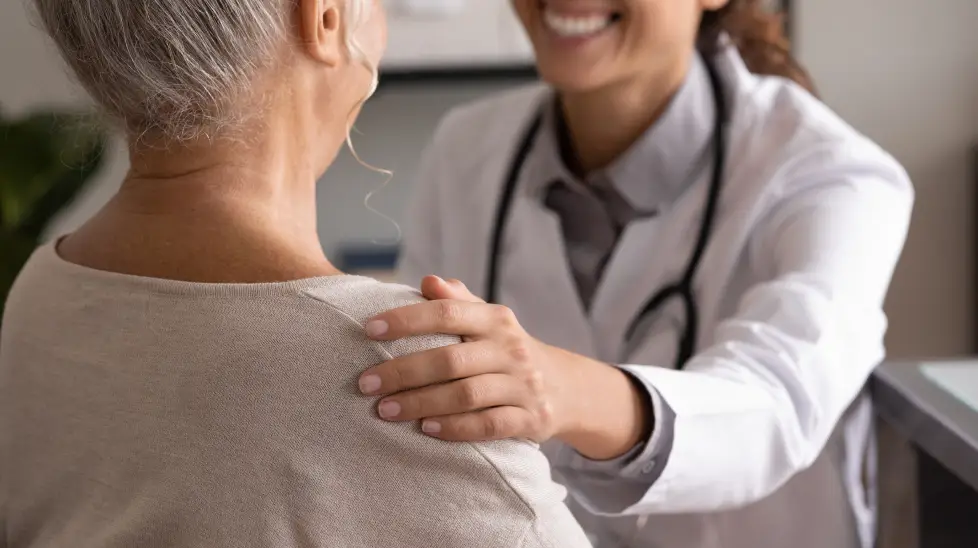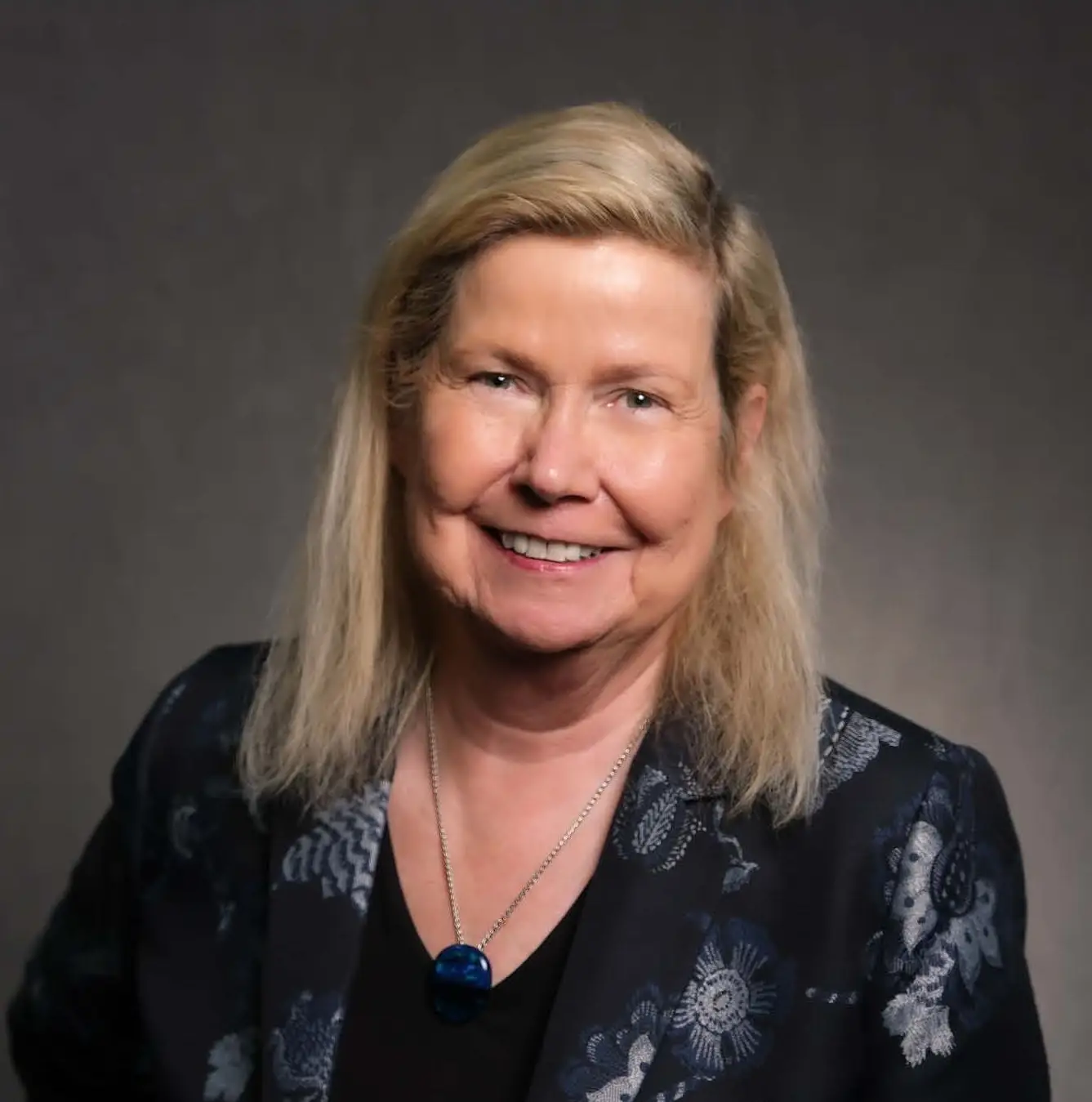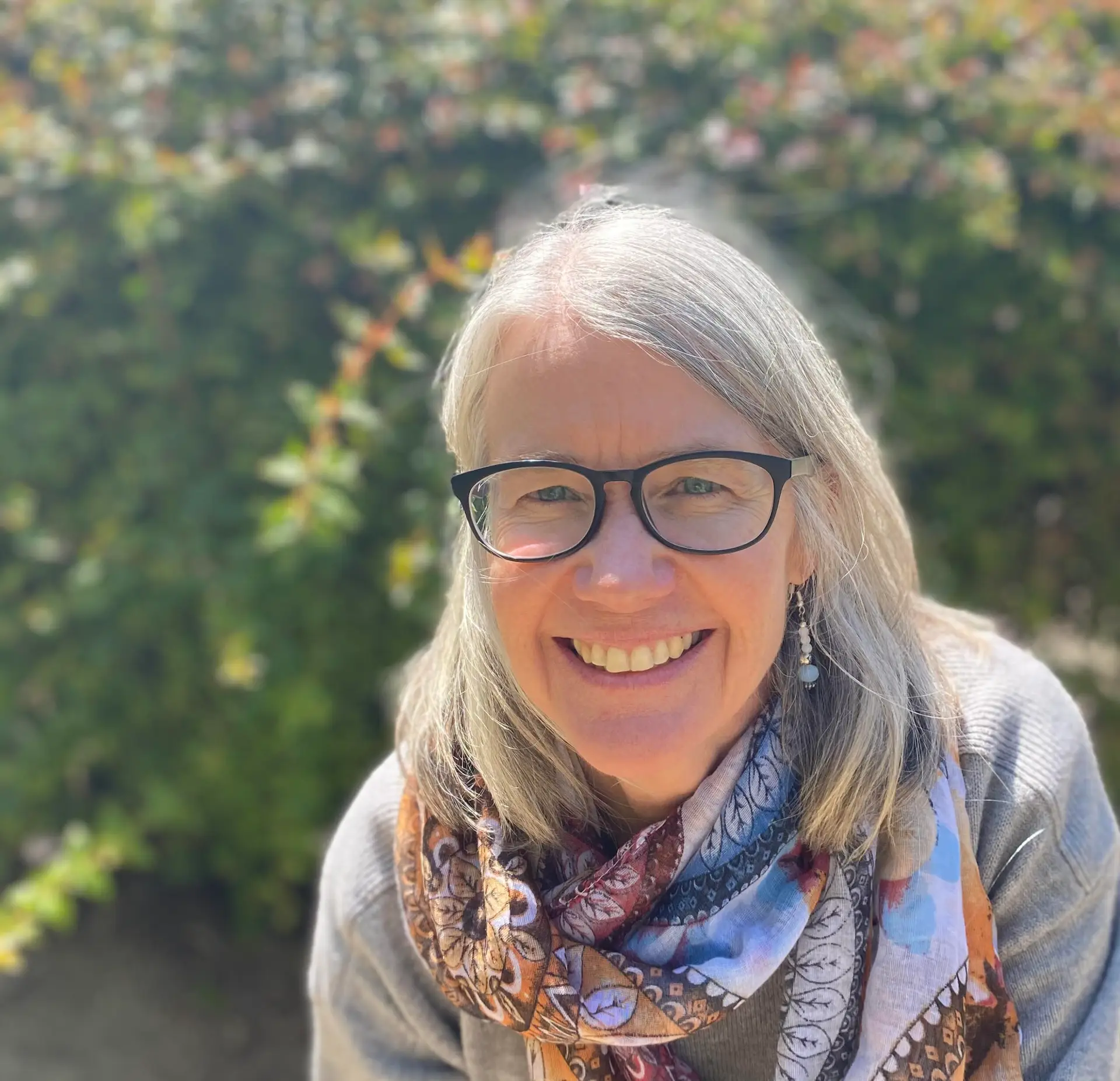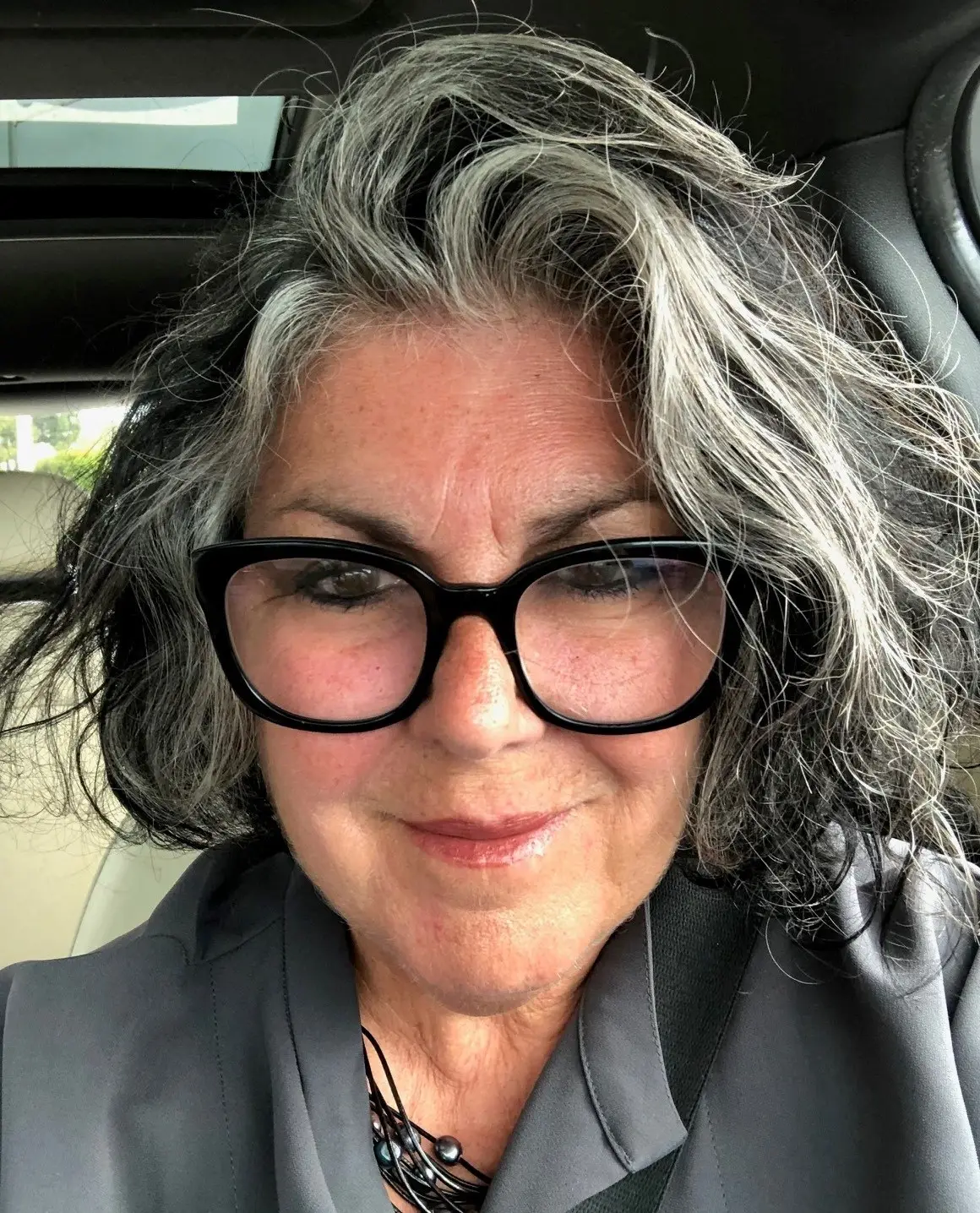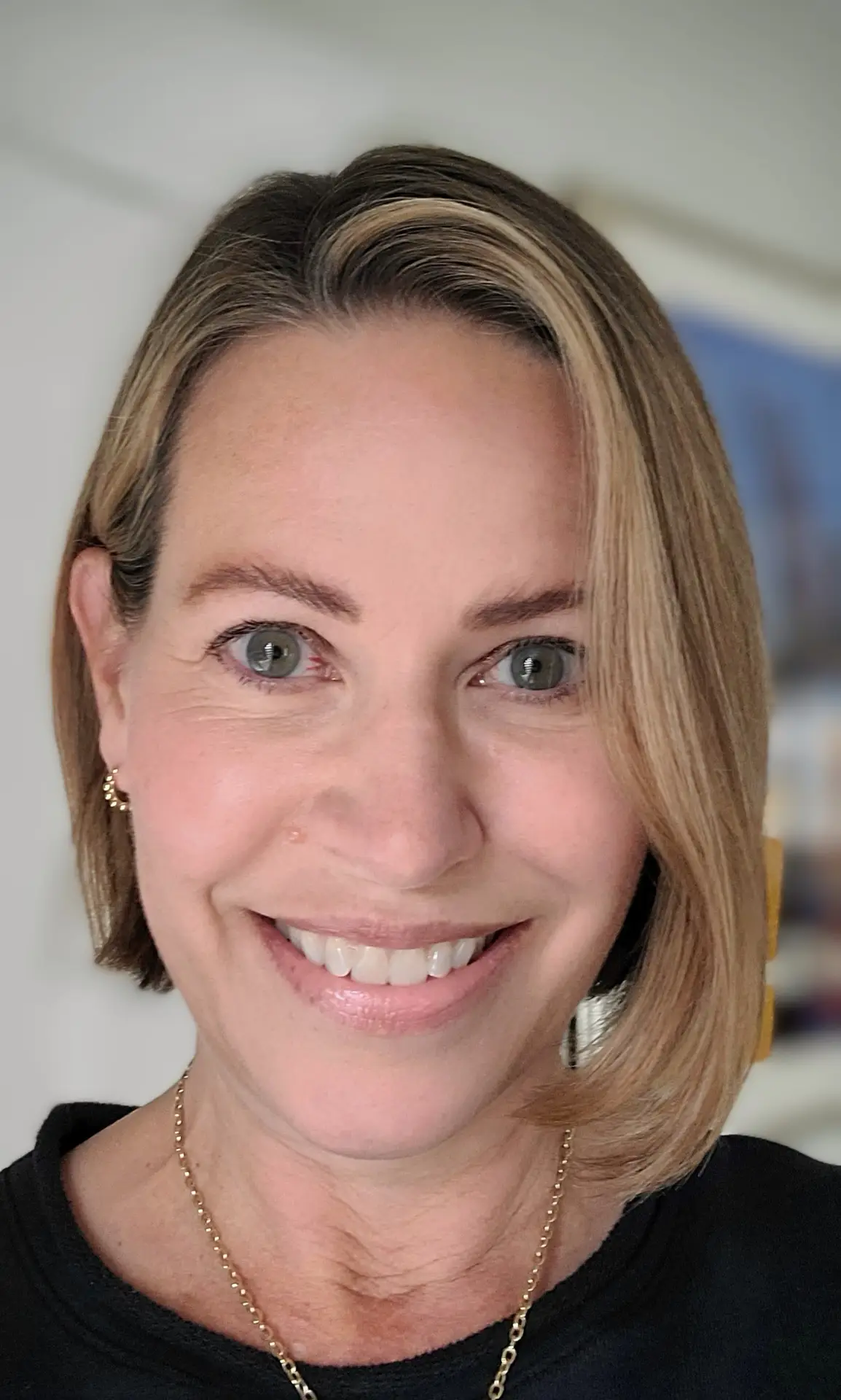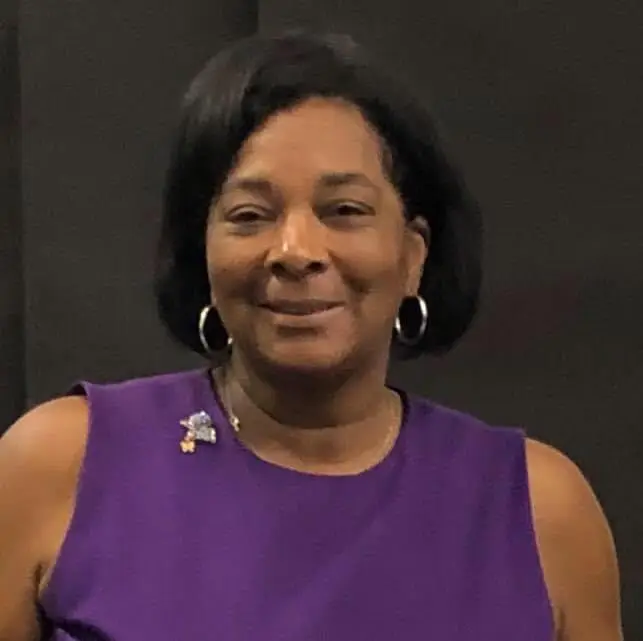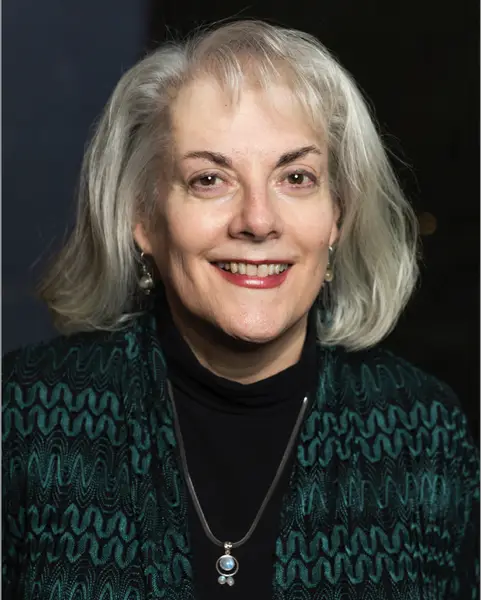SEATTLE and SAN FRANCISCO, March 21, 2023 — Atossa Therapeutics, Inc. (Nasdaq: ATOS), a clinical stage biopharmaceutical company developing innovative medicines in areas of significant unmet medical need in oncology, and Quantum Leap Healthcare Collaborative™ today announce that Atossa’s proprietary Selective Estrogen Receptor Modulator (SERM),(Z)-endoxifen, will be evaluated in a new study arm of the ongoing I-SPY 2clinical trial. The I-SPY 2 TRIAL evaluates neoadjuvant treatments for locally advanced breast cancer and is a collaborative effort among academic investigators from major cancer research centers across the United States, Quantum Leap Healthcare Collaborative, the U.S. Food and Drug Administration, and the Foundation for the National Institutes of Health (FNIH) Cancer Biomarkers Consortium. Approximately 20 patients will be treated with (Z)-endoxifen for up to 24 weeks prior to surgery.
The new study arm evaluating(Z)-endoxifen is part of the ongoing I-SPY 2 Endocrine Optimization Pilot Protocol (EOP), which targets patients with newly diagnosed estrogen receptor-positive (ER+) invasive breast cancer whose tumors are predicted to be sensitive to endocrine therapy but for whom chemotherapy is expected to provide little or no benefit. These patients have substantial risk for recurrence, often after five years, and need novel agents that are more tolerable and effective than the current standard of care and address the risk of recurrence.
“Atossa is proud to partner with Quantum Leap Healthcare Collaborative and excited that(Z)-endoxifen has been added to their unprecedented I-SPY clinical trial, which is designed to quickly and efficiently bring new drug therapies to breast cancer patients who need them urgently,” said Dr. Steven Quay, Atossa’s President and Chief Executive Officer. “Data from this trial will supplement data generated through our ongoing Phase 2 EVANGELINE trial, which is investigating (Z)-endoxifen as a neoadjuvant treatment for premenopausal women with ER+ / HER2- breast cancer. There remains a critical need for more effective and tolerable treatment options for this patient population.”
“(Z)-endoxifen is one of the most active metabolites of tamoxifen. Tamoxifen is known to be effective in treating and preventing ER+ breast cancer, but may be most effective in those patients who can adequately metabolize it, ”said Dr. Laura Esserman of the University of California San Francisco, founder and leader of the I-SPY TRIAL. “(Z)-endoxifen may overcome some of the shortcomings of tamoxifen, as it is already the active metabolite. Perhaps most exciting is that it may be effective in premenopausal women without the need for ovarian suppression. Ovarian suppression in premenopausal women and aromatase inhibitors in postmenopausal women are associated with both short-term and potential long-term side effects that diminish adherence.(Z)-endoxifen holds promise of being a more effective and tolerable alternative to targeting the estrogen receptor in women with early-stage breast cancer.”
Atossa is currently evaluating (Z)-endoxifen in two ongoing Phase 2 studies:
The EVANGELINE (Endoxifen Versus exemestANe GosEreLIn) trial is a randomized non-inferiority study of (Z)-endoxifen compared to exemestane plus goserelin as a neoadjuvant treatment for premenopausal women with Grade 1 or 2 ER+ / HER2- breast cancer. Participants receive neoadjuvant treatment for up to six months, followed by surgery. The primary objective of the EVANGELINE study is to determine whether the endocrine sensitive disease (ESD) rate, measured by Ki-67 (a proliferation marker prognostic for disease free survival), after four weeks of treatment with (Z)-endoxifen is non-inferior to the ESD rate following treatment with current standard of care, exemestane plus goserelin. Exemestane is an aromatase inhibitor designed to block the synthesis of estrogen and slow the growth of ER+ cancers. Goserelin is a medication given to block the ovaries from making estrogen, which in premenopausal women is associated with significant morbidity and inadequate compliance, which compromises efficacy and increases the risk of mortality.
The Karisma-Endoxifen trial is a randomized, double-blind, placebo-controlled efficacy study of oral(Z)‑endoxifen in premenopausal women with measurable breast density. Participants receive daily doses of (Z)-endoxifen for six months, over the course of which mammograms are conducted to measure reduction in mammographic breast density(MBD). Participants also have a mammogram at 24 months to assess the durability of the MBD changes. MBD affects more than 10 million women in the United States and many millions more worldwide. Increased MBD reduces the ability of mammograms to detect cancer. Studies have also shown that women with MBD have an increased risk of developing breast cancer and that the higher the MBD, the higher the incidence of breast cancer.
Atossa will supply (Z)-endoxifen and provide financial support to Quantum Leap for this study. Quantum Leap, as sponsor, will provide the clinical sites and clinical expertise. Currently, there are 41 open sites, all of which have the EOP program open.
About Premenopausal Patients with ER+ / HER2- Breast Cancer
Breast cancer is the most frequently diagnosed cancer in premenopausal women worldwide and accounts for almost half of the cancers that occur in women aged 15-49. An overwhelming majority (75%) of premenopausal breast cancer falls under luminal A (ER+/HER2-) or B (ER+/HER2+) subtypes. Ovarian function suppression, when combined with either tamoxifen or an aromatase inhibitor, is the standard of care for the endocrine management of stage 2 and 3 premenopausal ER+/HER2-breast cancer. The I SPY Endocrine Optimization Pilot (EOP) specifically targets women of all ages with molecularly low risk stage 2 and 3 breast cancer.
About(Z)-Endoxifen
(Z)-endoxifen is the most active metabolite of the FDA approved Selective Estrogen Receptor Modulator (SERM), tamoxifen. Studies by others have demonstrated that the anti-estrogenic effects of tamoxifen are driven in a concentration-dependent manner by(Z)-endoxifen. In addition to its potent anti-estrogen effects, (Z)-endoxifen at higher concentrations has been shown to target PKCβ1, a known oncogenic protein.
Atossa has developed a proprietary oral formulation of (Z)-endoxifen that does not require liver metabolism to achieve therapeutic concentrations and is encapsulated to bypass the stomach as acidic conditions converts a greater proportion of (Z)-endoxifen to the inactive (E)-endoxifen. Atossa’s(Z)-endoxifen has been shown to be well tolerated in Phase 1 studies and in a small Phase 2 study of women with breast cancer. We are currently studying our(Z)-endoxifen in healthy women with measurable breast density and premenopausal women with ER+/HER2- breast cancer. Atossa’s (Z)-endoxifen is protected by two issued U.S. patents and numerous pending patent applications.
About Atossa Therapeutics
Atossa Therapeutics, Inc. is a clinical-stage biopharmaceutical company developing innovative medicines in areas of significant unmet medical need in oncology with a current focus on breast cancer and lung injury caused by cancer treatments. For more information, please visit www.atossatherapeutics.com
About Quantum Leap Healthcare Collaborative
Quantum Leap Healthcare Collaborative is a 501c(3) charitable organization established in 2005 as a collaboration between medical researchers at University of California, San Francisco and Silicon Valley entrepreneurs. Our mission is to integrate care and research, and to foster high-impact trials with embedded clinical processes and systems technology and improved data management, greater access to clinical trial matching, and greater benefit to patients, providers, and researchers. Our goal is to improve and save lives. Quantum Leap provides operational, financial, and regulatory oversight to I-SPY. For more information, visit https://www.quantumleaphealth.org/
About the I-SPY TRIALs
The I-SPY TRIAL (Investigation of Serial studies to Predict Your Therapeutic Response with Imaging And moLecular analysis 2) (I-SPY 2 TRIAL) was designed to rapidly screen promising experimental treatments and identify those most effective in specific patient subgroups based on molecular characteristics (biomarker signatures). The Endocrine Optimization Pilot (EOP) is developing better endpoints and new endocrine targeted agents for stage 2/3molecularly low risk breast cancer. The trial is a unique collaborative effort by a consortium that includes the Food and Drug Administration (FDA), industry, patient advocates, philanthropic sponsors, and clinicians from 30 major U.S. cancer research centers. Under the terms of the collaboration agreement, Quantum Leap Healthcare Collaborative is the trial sponsor and manages all study operations. For more information, visit www.ispytrials.org.
Atossa Therapeutics Contacts:
Kyle Guse
General Counsel and Chief Financial Officer
kyle.guse@atossainc.com
Eric Van Zanten
VP, Investor and Public Relations
610-529-6219
eric.vanzanten@atossainc.com
Quantum Leap Healthcare Collaborative Media Contact:
Jacqueline Murray
Director, Marketing and Communications
(415)839-8082
j.murray@quantumleaphealth.org
Forward Looking Statements
Forward-looking statements in this press release, which Atossa undertakes no obligation to update, are subject to risks and uncertainties that may cause actual results to differ materially from the anticipated or estimated future results, including the risks and uncertainties associated with any variation between interim and final clinical results, actions and inactions by the FDA, the outcome or timing of regulatory approvals needed by Atossa including those needed to commence studies of (Z)-endoxifen, lower than anticipated rate of patient enrollment, estimated market size of drugs under development, the safety and efficacy of Atossa’s products, performance of clinical research organizations and investigators, obstacles resulting from proprietary rights held by others such as patent rights, whether reduction in breast density or in Ki-67 or any other result from a neoadjuvant study is an approvable endpoint for (Z)-endoxifen, whether Atossa can complete acquisitions, and other risks detailed from time to time in Atossa’s filings with the Securities and Exchange Commission, including without limitation its periodic reports on Form 10-K and 10-Q, each as amended and supplemented from time to time.
For more information, email karyn.digiorgio@quantumleaphealth.org



